Trump employs tariffs to strike at the red dragon. (People News graphic)
[People News] The U.S.-China tariff war is steadily escalating. Chinese economist Xiang Songzuo, who was previously silenced for questioning China’s (PRC’s) GDP growth figures, recently warned in a public speech that even under the most optimistic scenario, China’s exports will drop by at least 10%. He said that excess production redirected to the domestic market will trigger a price war—a true life-or-death struggle. He described the situation as a “battle for national destiny.”
According to Radio Free Asia, Xiang Songzuo, formerly a professor at Renmin University of China and vice director of the university’s International Monetary Institute, was blacklisted in 2019 after he questioned the accuracy of China’s official GDP growth numbers. In a recent online-circulated speech about the U.S.-China trade war, he highlighted why the U.S. is now so resolutely targeting China. He said this issue deserves serious reflection. Currently, China’s manufacturing accounts for 32% of global output, and within the next 5–10 years, this share could rise to 45%—a level comparable to that of the U.S. after World War II. That is something the U.S. absolutely does not want to see. The current reciprocal tariff war launched by the U.S. is aimed squarely at weakening China’s manufacturing sector.
“This truly is a globally disruptive shift. I believe very soon, many export-oriented companies will face catastrophic challenges—and I use the word ‘catastrophic’ intentionally,” Xiang warned.
Cheng Xiaonong: Chinese Scholars Misunderstand That Trade War Isn’t the Core of the “Cold War”
Exiled economist Cheng Xiaonong told Radio Free Asia that Chinese economists have a very limited understanding of U.S.-China relations. He said they don’t realise that a U.S.-China cold war has already been ongoing for five years, and they’re unaware that China’s pressure campaign on Taiwan is actually the first move in its broader cold war strategy. He noted that Xi Jinping’s current hardline stance in the tariff war stems from cold war logic—“whoever blinks first loses,” which means showing weakness would put China in a passive position. Trump, having repeatedly said he was waiting for Xi’s call, was actually testing whether Xi would “blink.” Cheng explained that the basic rule of a cold war is that both sides must avoid backing down, while also maintaining top-level communication to prevent nuclear conflict.
“Xi Jinping has already signalled that he wants to send lower-level officials to handle trade negotiations instead of doing it himself. That’s an attempt to sidestep the core issue of the Cold War. Because if both sides reach a security understanding, then China (the PRC) can no longer use nuclear weapons as a threat against the U.S.,” Cheng said. “That would mean Xi loses his biggest bargaining chip. Although he wouldn’t dare actually use it, he’s reluctant to give it up. Under such circumstances, U.S.-China negotiations cannot go smoothly.”
Wall Street Journal: U.S. Using Tariffs to Pressure Allies to Isolate China’s Economy
The Wall Street Journal recently cited sources saying that the Trump administration is using ongoing tariff negotiations to demand that U.S. trade partners agree to isolate China’s economy in exchange for reduced trade and tariff barriers from the White House. According to the report, U.S. officials plan to negotiate with more than 70 countries, asking them to: Block China from transshipping goods through their territories; Prevent Chinese companies from setting up operations locally to evade U.S. tariffs; Avoid integrating Chinese industrial products into their economies. “These measures aim to further destabilise an already faltering Chinese economy and force Beijing into a weaker position at the negotiating table ahead of a possible Trump-Xi summit,” the report stated.
China’s Export Decline and Domestic Market Pivot Sparks Price War
The ongoing tariff war has severely impacted China’s exports. Xiang Songzuo analysed that China’s exports are heavily concentrated in four provinces: Guangdong, Zhejiang, Jiangsu, and Shandong. “How long will this pain last—six months, a year, or even longer?” he asked. China’s rapid economic development has long been overly reliant on exports, which in turn points to weak domestic demand. With no room for negotiation with the U.S., China must rethink its future economic direction.
“Some overcapacity traditional manufacturing industries are facing extremely severe challenges, especially the automobile sector. Even the most optimistic forecasts now predict a 10% to 15% drop in exports this year.”
Xiang added that, in addition to automobiles, key export sectors like electronics, clothing and footwear, and small household appliances—all major export categories to the U.S.—will suffer heavy blows and may face historic transformations. “The severity of the situation is beyond imagination. These industries are already plagued by overcapacity. If exports continue to fall and production is redirected to the domestic market, it will trigger a price war—a real life-and-death battle,” he concluded.
Zhou Qiren: China Is Like a Sandwich—Pressed from Above and Below, Struggling to Break Through
Another Chinese economist, Zhou Qiren, a professor of economics at the National School of Development at Peking University, described China (the PRC) in a recent April speech circulating online as being “like a sandwich”—pressed from above by the technological and capital advantages of developed countries, and from below by the cost competition of emerging markets. Countries like India, Vietnam, and those in Eastern Europe offer even lower production costs, putting pressure on China. He posed a rhetorical question: “After 40 years of development, China (the PRC) has left the ground but hasn't reached the sky. As costs rise and its innovative quality competitiveness remains weak, this is our reality. We are far from being able to relax or feel self-satisfied. China (the PRC) is facing a breakout moment. There’s pressure from above and pursuers from behind—do we fight this battle or not?”
Zhou Qiren outlined three major strategies for China to break through this dilemma: Deepening institutional reform; Maintaining openness to the outside world, advancing innovation in technology and quality.
Cheng Xiaonong: Chinese Economists Are Like Stepping on Landmines When They Speak
Cheng Xiaonong noted that Zhou Qiren holds a relatively high status in China's economic circles. However, Chinese economists generally lack access to real information on these issues, or even if they do have some awareness, they dare not speak publicly about it. “Because doing so is like stepping on a landmine—it could blow you to pieces. It involves Xi Jinping’s personal decisions, and there is no room for anyone else to speak.”
Cheng continued, saying that Zhou Qiren’s emphasis on competitiveness through private enterprises and innovation is just a repetition of talking points that have been around for 20 years. It does not touch on the real core issues. Cheng said he had searched for deeper, more substantial analyses from these scholars: “But they either avoid the topic, or they truly don’t understand it. It’s just scratching the surface, nothing more.”

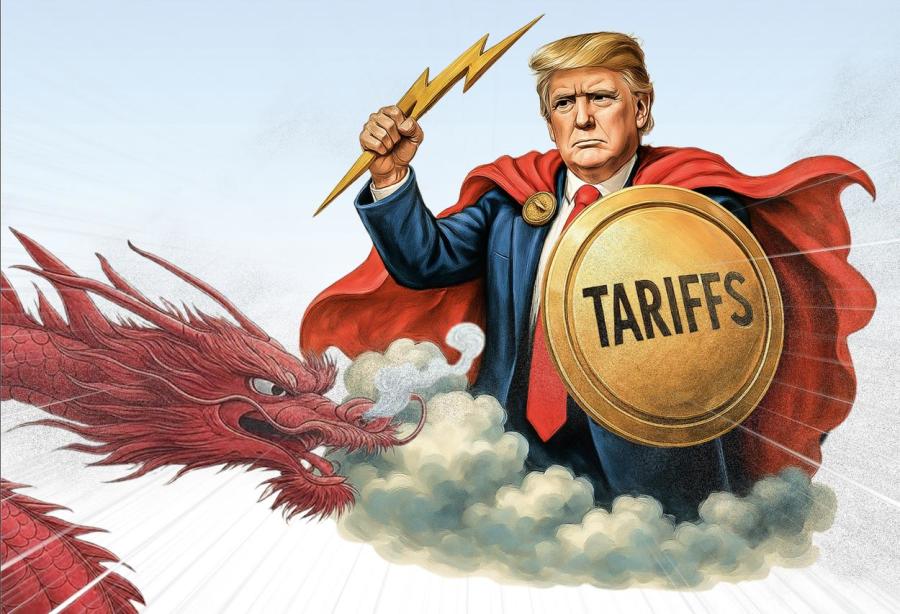
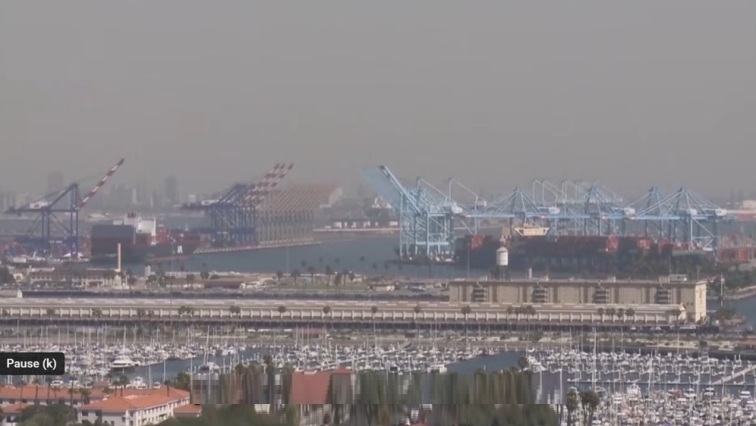
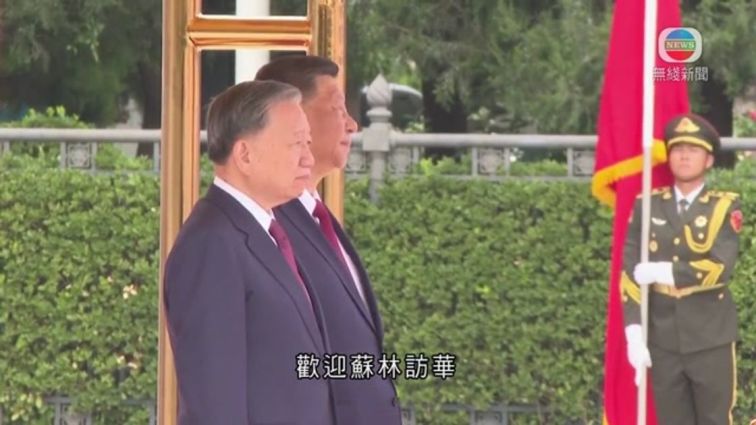


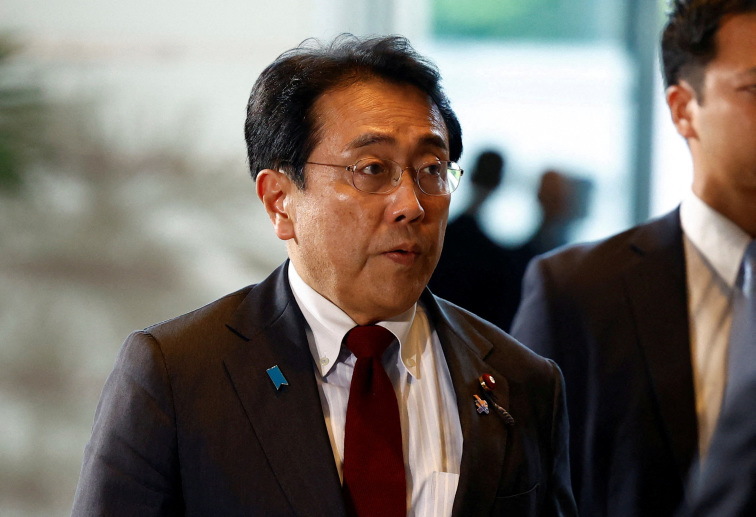

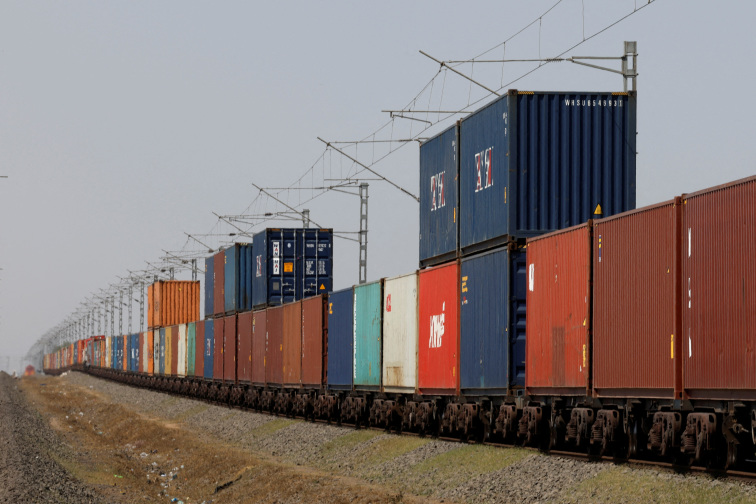


News magazine bootstrap themes!
I like this themes, fast loading and look profesional
Thank you Carlos!
You're welcome!
Please support me with give positive rating!
Yes Sure!